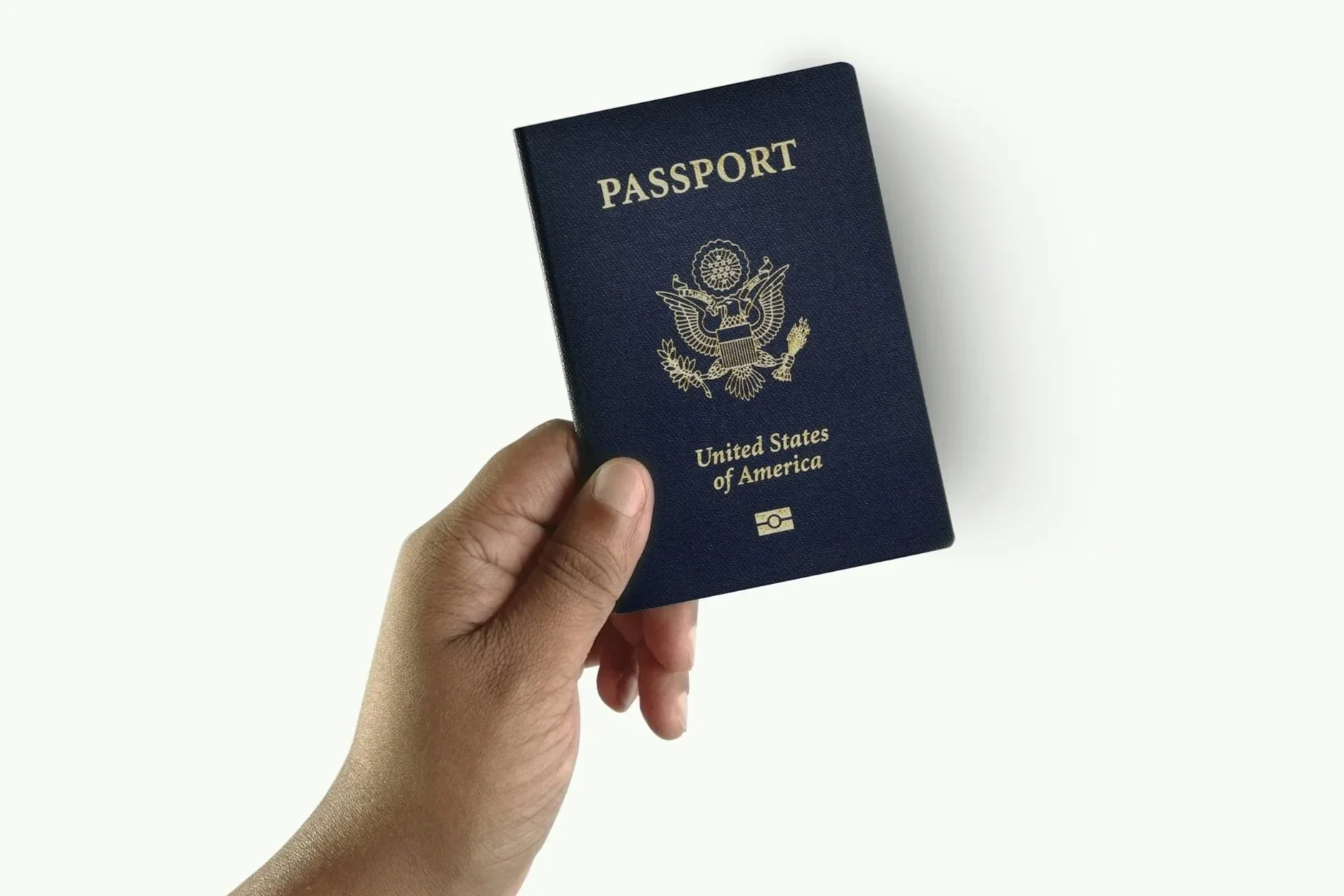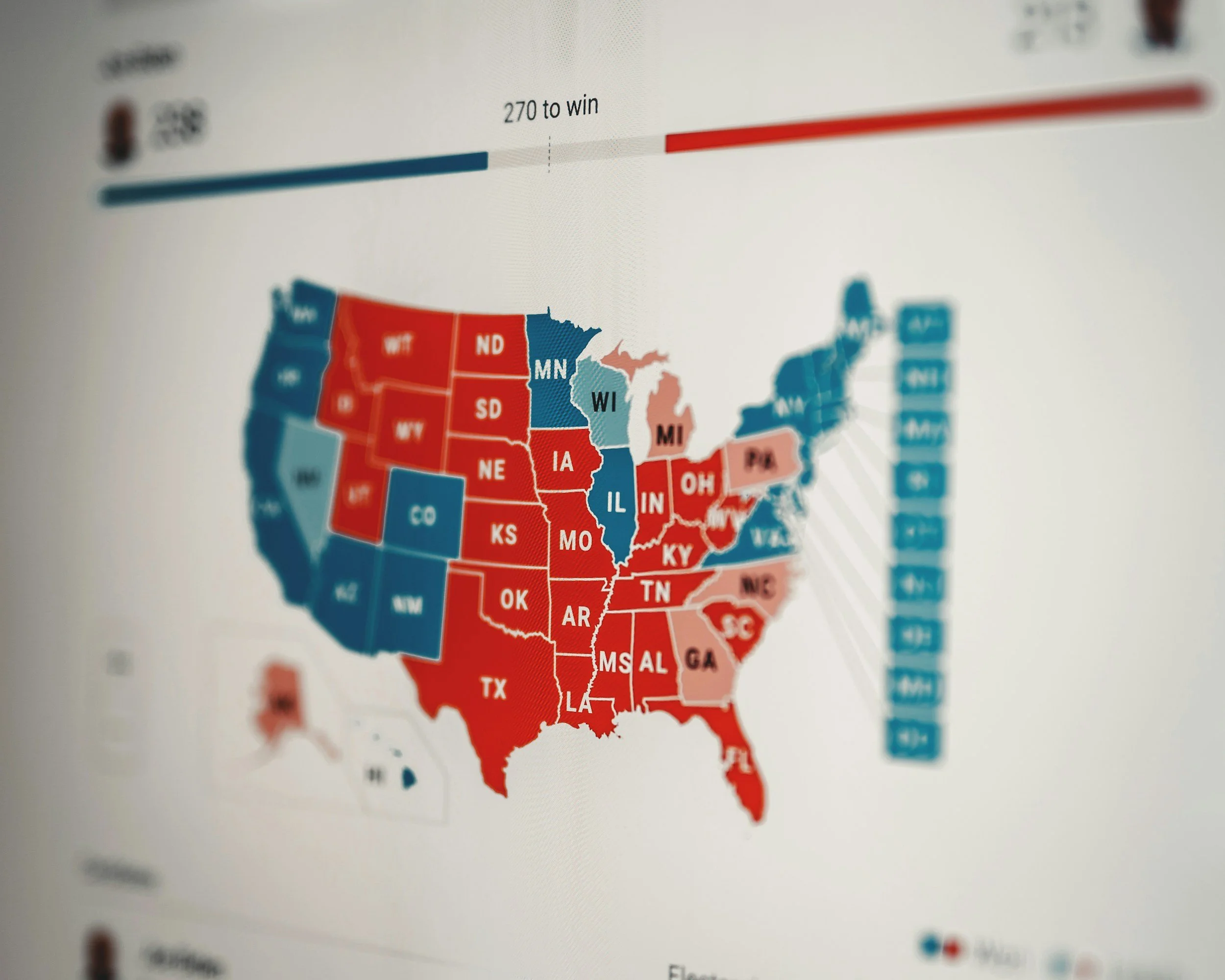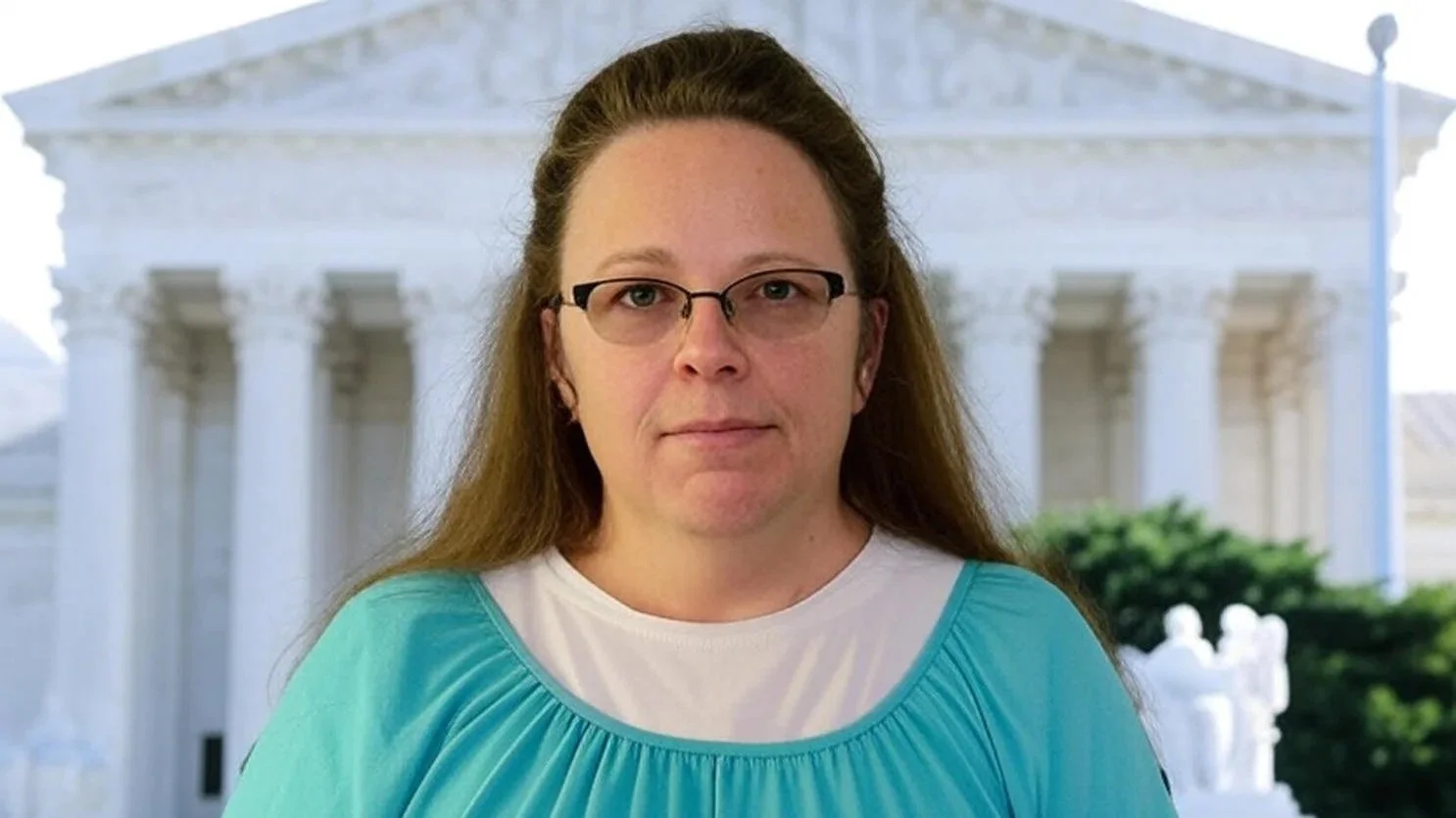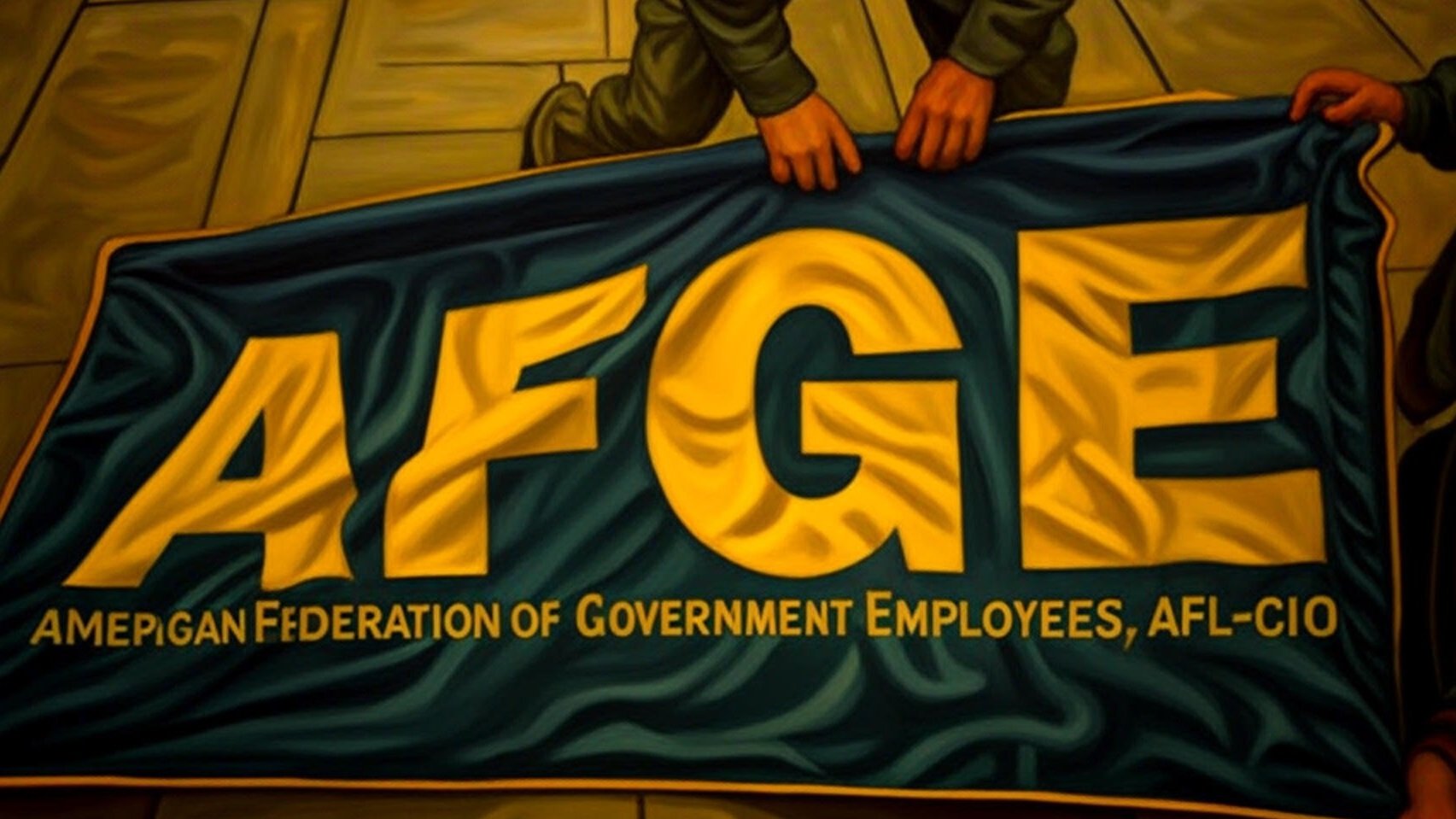SCOTUS Asked to Overturn Same-Sex Marriage Rights
In a direct challenge to one of the most significant civil rights rulings of the 21st century, former Kentucky county clerk Kim Davis has formally petitioned the Supreme Court to overturn its 2015 decision in Obergefell v. Hodges, which established a constitutional right to same-sex marriage. Davis’s petition stems from a lawsuit where she was found liable for damages for refusing to issue marriage licenses based on her religious beliefs. Her lawyers argue that the Court should reverse its precedent, asserting that Obergefell was "egregiously wrong" and "on a collision course with the Constitution from the day it was decided."
This case places the stability of established precedent squarely before a Court that has shown its willingness to revisit and overturn landmark decisions.
Background: From Windsor to Obergefell and the Defiance of Kim Davis
The legal landscape for marriage equality was fundamentally altered by two key Supreme Court cases.
United States v. Windsor (2013): The Court struck down Section 3 of the Defense of Marriage Act (DOMA), which had barred the federal government from recognizing same-sex marriages for any federal purpose, such as insurance benefits or tax filings. The majority opinion, authored by Justice Anthony Kennedy, found that DOMA's principal purpose was to "injure the very class of persons New York sought to protect," violating the Fifth Amendment. While Windsor did not establish a national right to marry, it was a critical step.
Obergefell v. Hodges (2015): Two years later, the Court took the final step. In a 5-4 decision, again authored by Justice Kennedy, the Court held that the fundamental right to marry is guaranteed to same-sex couples by both the Due Process Clause and the Equal Protection Clause of the Fourteenth Amendment. The ruling required all states to issue marriage licenses to same-sex couples and to recognize valid same-sex marriages from other states.
Following the Obergefell decision, Kim Davis, then the elected clerk of Rowan County, Kentucky, cited her "sincerely held religious belief that marriage is a union between one man and one woman" and ceased issuing all marriage licenses to avoid authorizing same-sex unions. Despite court orders to perform her duties, she refused, which led to her being jailed for six days for contempt of court. Her current legal battle is the result of a civil lawsuit brought by David Ermold and David Moore, a same-sex couple she denied a license to. A federal jury awarded the couple $100,000 in emotional distress damages, and Davis was later ordered to pay approximately $260,000 in attorney's fees. Her appeal of that verdict forms the basis of her petition to the Supreme Court.
The Current Challenge: Three Questions for the Court
In her petition for a writ of certiorari, Davis’s legal team from Liberty Counsel presents three main questions to the Supreme Court. They lean heavily on the reasoning used by the majority in Dobbs v. Jackson Women's Health Organization, the 2022 case that overturned Roe v. Wade.
Should Obergefell be Overturned? The most direct challenge asks the Court to overturn Obergefell v. Hodges and the legal theory of "substantive due process" it is built upon. The petition argues that the right to same-sex marriage, like the right to abortion, is not "deeply rooted in this Nation’s history and tradition" and is found nowhere in the Constitution's text. It claims the decision was an "act of will, not legal judgment" that has had "ruinous consequences for religious liberty".
Does the First Amendment Protect Officials Sued Individually? Davis argues that because she is being sued in her individual capacity, not as a government official, she should be able to use the First Amendment's Free Exercise Clause as a defense. The lower courts ruled that because she acted "under color of state law," the First Amendment does not shield her. Her petition argues this leaves her in a "constitutional desert," stripped of both governmental immunity and personal constitutional defenses.
Can Religious Beliefs Be a Defense Against Emotional Distress Claims? The petition seeks to establish that the Free Exercise Clause provides an affirmative defense against tort liability based solely on emotional distress damages, similar to the free speech protections outlined in Snyder v. Phelps. Davis was found liable for damages based on "hurt feelings" with no proof of actual financial damages, a verdict her lawyers argue unconstitutionally penalizes her for exercising her religious beliefs.
This line of reasoning was foreshadowed in 2020 when the Court declined to hear an earlier appeal from Davis. At the time, Justice Clarence Thomas, joined by Justice Samuel Alito, wrote a statement agreeing with the denial but asserting that Obergefell was wrongly decided and that Davis was one of the "victims" of the ruling.
What are the Ramifications if Obergefell is Overturned?
If the Supreme Court were to grant Davis’ petition and overturn Obergefell, it would not automatically make same-sex marriage illegal nationwide. Instead, it would erase the federal constitutional protection for it, returning the authority to legislate on marriage to individual states. The consequences would be immediate and far-reaching.
A "Patchwork" of Marriage Laws: Dozens of states still have constitutional amendments or statutes that would immediately ban same-sex marriage if Obergefell were to fall. This would instantly create a divided country where a couple’s marriage is recognized in one state but not in another.
The Respect for Marriage Act: Congress passed the bipartisan Respect for Marriage Act (RFMA) in 2022 to provide a statutory safeguard. Davis' petition argues that the RFMA removes any reliance interests in Obergefell because it grandfathers in existing marriages. The RFMA ensures that the federal government will continue to recognize same-sex marriages and requires every state to recognize a valid marriage from another state. However, the RFMA does not compel a state to issue marriage licenses to same-sex couples. A state like Tennessee could refuse to marry a same-sex couple while still being forced to recognize a valid marriage certificate from New York.
Legal Chaos for Existing Marriages: The legal status of hundreds of thousands of same-sex couples who have already married would be thrown into legal chaos. While the RFMA offers some protection, questions regarding state-level rights—such as inheritance, medical decision-making, and parental rights—would become the subject of endless and costly court battles in states that no longer recognize their marriages.
The Supreme Court will decide in the coming months whether to take up the case. A decision to hear it would signal a serious willingness to reconsider and potentially reverse a right that has been integrated into the fabric of American society for nearly a decade.















In 2022, the Montgomery County Public School Board in Maryland introduced 13 "LGBTQ+-inclusive" storybooks into its elementary curriculum, with 5 aimed at grades K-5. These books addressed themes of sexuality and gender identity. Initially, parents could opt their children out, but in March 2023, the Board eliminated this option, citing disruptions and stigma. Parents from diverse religious backgrounds, including Muslims, Catholics, and Ukrainian Orthodox, challenged the policy, arguing it violated their religious freedom by compelling exposure to ideas contrary to their beliefs. Lower courts denied their request for an injunction, leading to a Supreme Court appeal.